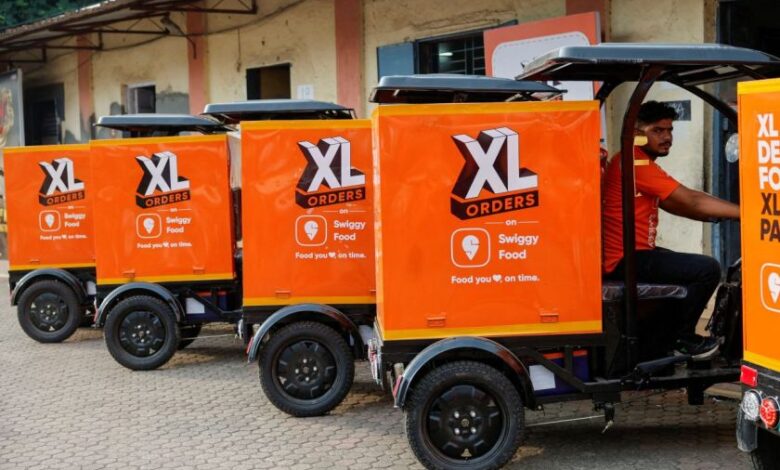

India’s Competition Commission of India (CCI) has reportedly uncovered that food delivery giants Zomato and Swiggy violated antitrust laws by engaging in practices that favor specific restaurants on their platforms. Confidential documents from the CCI reveal that exclusive contracts and pricing restrictions set by the companies have prevented the food delivery market from becoming more competitive, to the disadvantage of independent restaurants and smaller players.
Exclusivity and Pricing Tactics Under Scrutiny
According to the CCI’s investigation, Zomato allegedly struck exclusivity contracts with certain restaurants, offering them lower commissions in exchange for exclusivity, while Swiggy is said to have promised business growth to partners who listed exclusively on its platform. These arrangements have given a select few restaurants preferential visibility, thus skewing competition within the market.
The investigation, launched in 2022 following a complaint from the National Restaurant Association of India (NRAI), also notes that Zomato imposed pricing and discount restrictions on its partner restaurants, going as far as including penal provisions for non-compliance. Swiggy allegedly pressured restaurant partners to maintain price parity with threats of lowered rankings if they offered lower prices on competing platforms.
Implications for IPO and Business Models
With Swiggy preparing to close bids for its $1.4 billion IPO—India’s second-largest this year—these findings cast a shadow over the food delivery giant’s market debut. The CCI case, listed as an “internal risk” in Swiggy’s IPO prospectus, highlights the potential for substantial monetary penalties if Swiggy is found in breach of the Competition Act. Swiggy informed CCI investigators that its previous “Swiggy Exclusive” program was phased out in 2023, though it reportedly plans to launch a similar initiative, Swiggy Grow, targeting non-metropolitan areas.
Shares of Zomato, which listed in 2021 and now holds a valuation of about $27 billion, fell by three percent following news of the CCI findings. Swiggy, meanwhile, has placed itself at $11.3 billion ahead of its IPO.
Future of India’s Food Delivery Market
Both Zomato and Swiggy have redefined food ordering in India, driving growth in the food delivery market with their expansive reach. Yet, as they diversify into quick commerce—promising grocery delivery in under 10 minutes—the companies face fresh challenges. India’s largest retail distributor group recently petitioned the CCI to investigate alleged predatory pricing by Swiggy, Zomato, and newcomer Zepto in the quick commerce sector.
Next Steps for CCI and the Companies
The final stage of the CCI’s case will see the Commission’s leadership review the investigation’s findings and decide on potential penalties or directives to alter Zomato’s and Swiggy’s business practices. A decision is anticipated in the coming weeks, but both companies retain the option to contest the CCI’s findings.






